By: Tayler Glenn
The weekend is here and you’re ready to hit Happy Hour and forget the stress of the week with friends over a few drinks. After all, you’ve been so good all week so one night out can’t hurt…right? If you’re having trouble trying to lose fat, hit that PR, or just step up your gym game, you may want to think twice + ask yourself: is alcohol stalling your weight loss?
There’s nothing wrong with having a few adult beverages here and there, but if you drink every weekend, it may be the reason you’re having such a hard time dropping those last 10 pounds. We know that research suggests moderate consumption of alcohol can come with a few health benefits, but that doesn’t mean it’s always helpful for your waistline.
What Alcohol Does to the Body
As delicious as that Happy Hour cocktail may be, it’s not doing your body’s metabolism any favors. Regardless of the type of drink (sorry, this includes you, wine lovers) doesn’t really matter. Alcohol itself is a vasodilator, meaning that it temporarily opens up the blood vessels which leads to that warm feeling you get as the alcohol starts to be processed within your body. But this doesn’t mean your temperature rises. In fact, your core temperature actually lowers when you drink!
On top of affecting your body’s temperature-related homeostasis, alcohol is also a diuretic which means you’re dehydrating your body with every drink. While this doesn’t seem like a huge deal, your hydration levels impact every single one of your organs and systems, but what about your weight?
Alcohol and Weight Loss
1. Alcohol Affects Your Organs
Alcohol has a massively negative impact on your organs, but especially your liver. Its job is to act as a filter for any toxins that come into your system. Since your body views alcohol as a toxin, it prioritizes getting that alcohol out which means that the other functions it’s tasked with – this includes things like carb and fat metabolism – come to a screeching halt.
That means you aren’t burning fat!
While that might seem like the number one reason for alcohol stalling your weight loss, it (surprisingly) isn’t since the effect lasts just long enough to get rid of the alcohol.
2. Alcohols Are Empty Calories
As you may have guessed, alcohol isn’t exactly an essential nutrient. But it is a source of empty calories – 7 calories per gram, to be exact. When something contains “empty calories”, that the food or drink provides calories with very little nutritive value and this means that your body isn’t gaining anything from the calories you just provided.
Not only are you spending calories without any return in the way of health or weight loss, but those calories also add up fast! For example:
Vodka, Rum, Gin or Tequila (1.5 oz): ~100 calories
Beer (12 oz.): ~150 calories
Light Beer (12 oz.): ~100 calories
Wine (3.5 oz.): ~120-150 calories
Champagne (4 oz.): ~85 calories
Classic Dry Martini: ~120 to 150 calories
Mojito: ~150 calories
Pina colada: ~500 calories
Margarita (4 ounces): ~170 calories
If you didn’t make adjustments to your diet, aren’t paying attention to serving sizes, or stopped counting after your second cocktail, those extra calories may be a reason behind alcohol stalling your weight loss.
3. Alcohol Is Burned as a Primary Source of Fuel
The CICO method of calorie tracking is a helpful tool, but it doesn’t account for the way alcohol changes the order in which your body metabolizes the calories you’ve consumed that day. When alcohol is consumed, your body uses it as energy before anything else (including healthier sources of fuel) it has on-hand. This includes glucose from carbohydrates or lipids from fats, both of which are much more beneficial to your goals and overall health.
Unfortunately, this means the excess glucose and lipids from your day can end up stored as fat.
4. Alcohol Lowers Inhibitions + Can Increase Cravings
Even the most committed can easily veer off-track after a night out. Since the effects of drinking include impaired decision making and lowered inhibitions, that second dinner can sound like a much better idea after you’ve had a few. But the effects don’t stop there!
An animal study recently suggests that alcohol can actually trigger hunger signals in the brain, leading to an increased urge to eat more food! This may be partly due to lower blood sugar since your body is so busy breaking down alcohol, but the outcome is the same: more calories in.
5. Alcohol Impairs Digestion + Nutrient Absorption
Alcohol doesn’t just make your liver’s job harder; It can cause stress on the stomach and the intestines, too! This stress slows the movement of food through your digestive tract and can lead to decreased digestive secretions which are an essential part of healthy digestion.
These secretions break down food into the macro- and micronutrients that are absorbed and utilized by the body, and lack of nutrient absorption can greatly affect the metabolism of the organs that play key roles in weight loss and healthy weight management.
Finding Balance
You don’t have to cut alcohol completely out of your diet to see results. There are many perks to be achieved by simply cutting back such as:
- Improved sleep
- Better digestion
- Fewer “empty” calories
- Higher energy
- Better skin
…and, of course, weight loss! If you’re serious about losing those last few pounds, it may be worth trying a “dry week” or even a “dry month”. If not, just plan to enjoy a vodka soda or whiskey on the rocks — and don’t forget to watch serving sizes!
Has alcohol been stalling your weight loss efforts?
Tell us how you cut back (or cut it out) in the comments below!

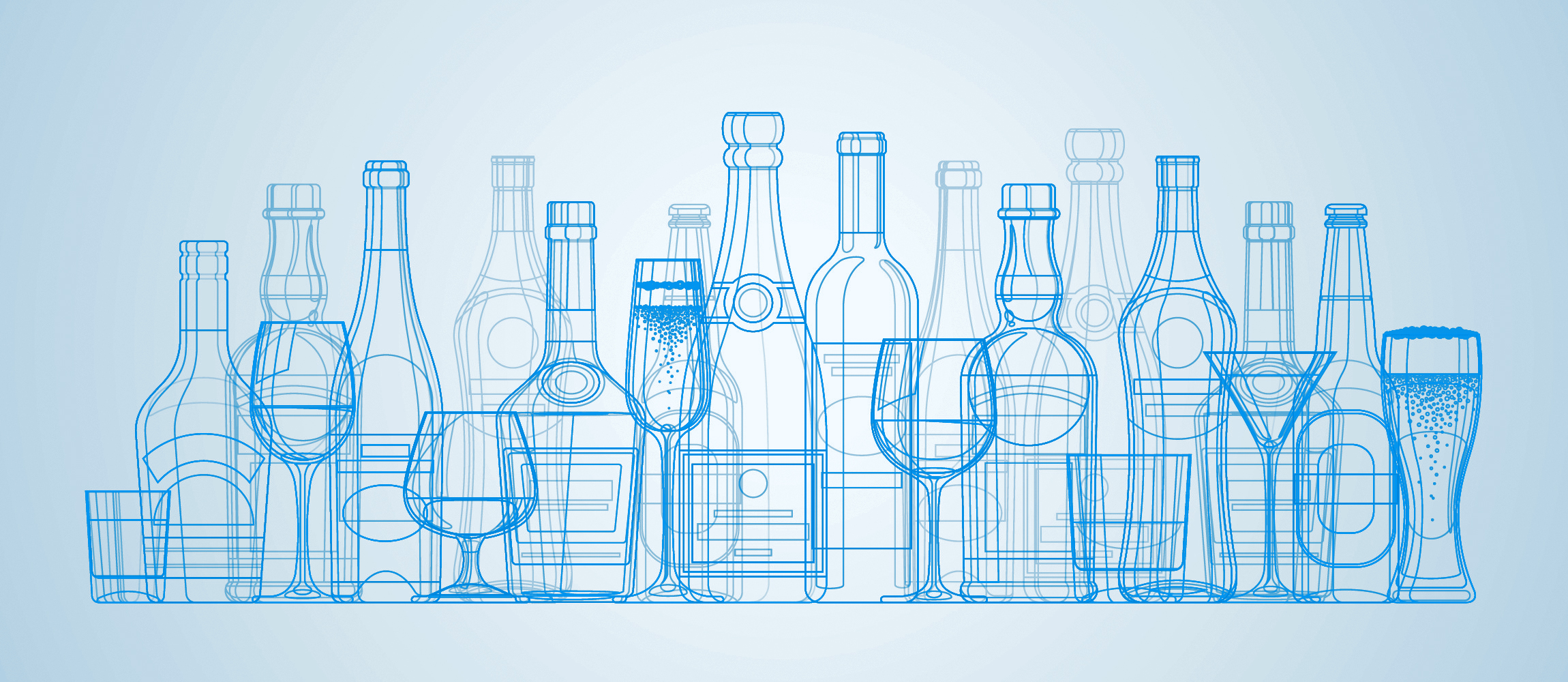
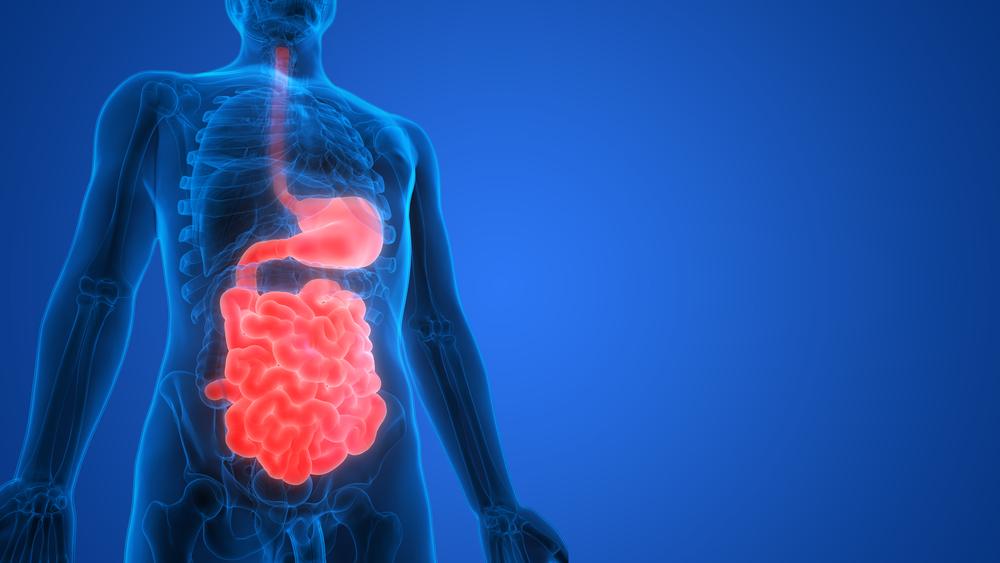
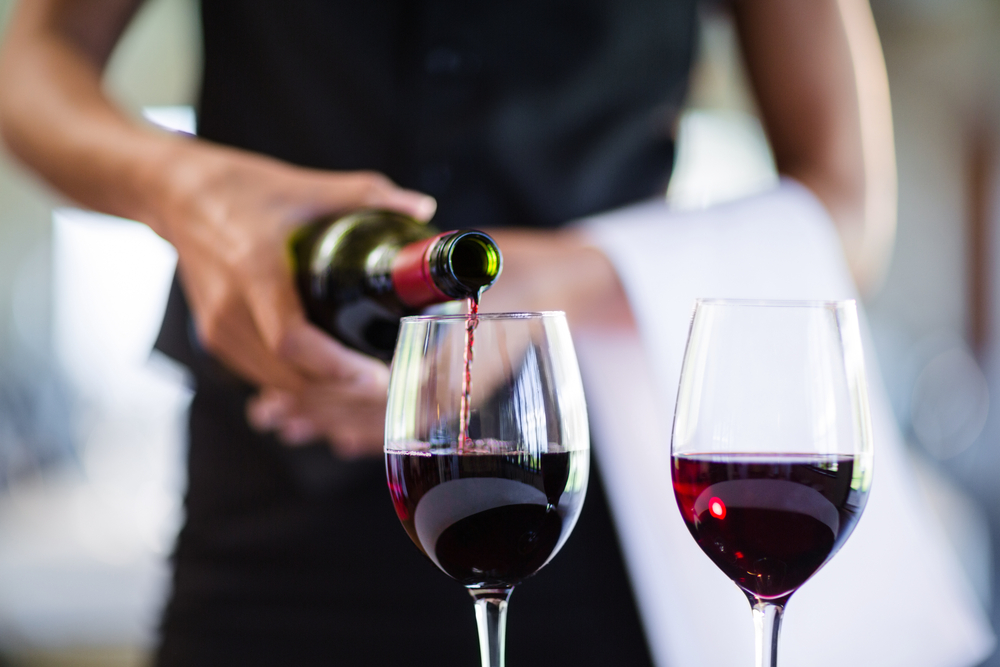
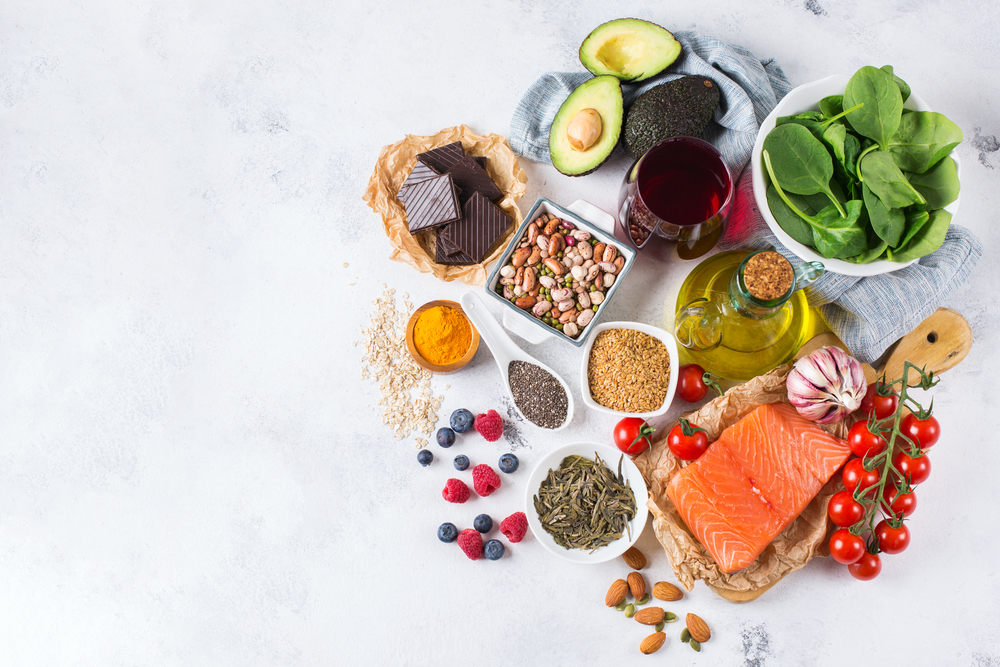
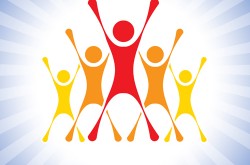
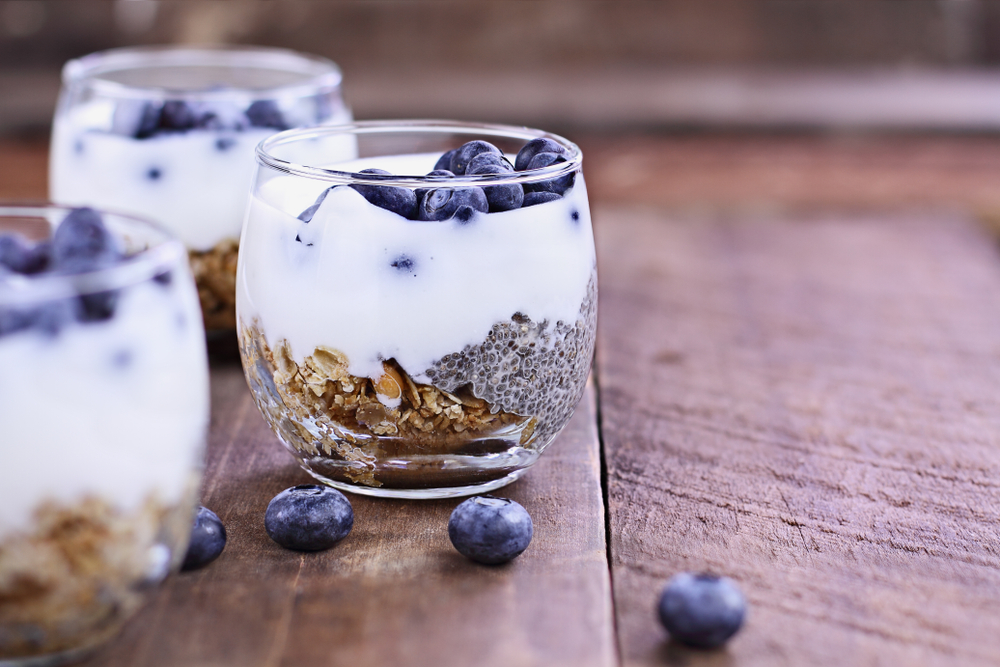
Comments (0)